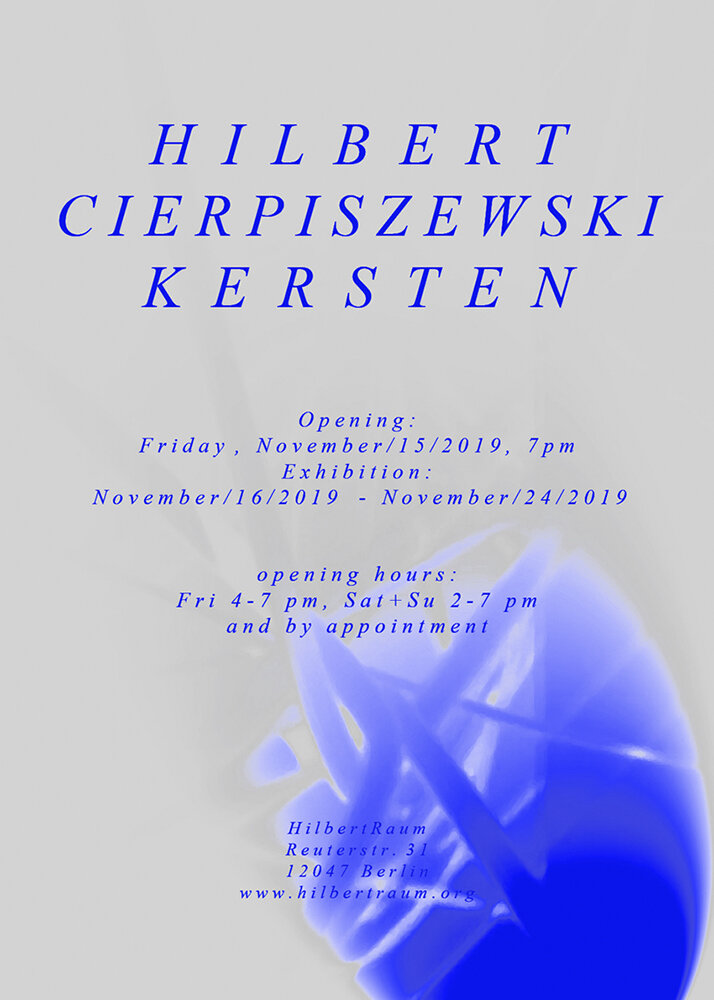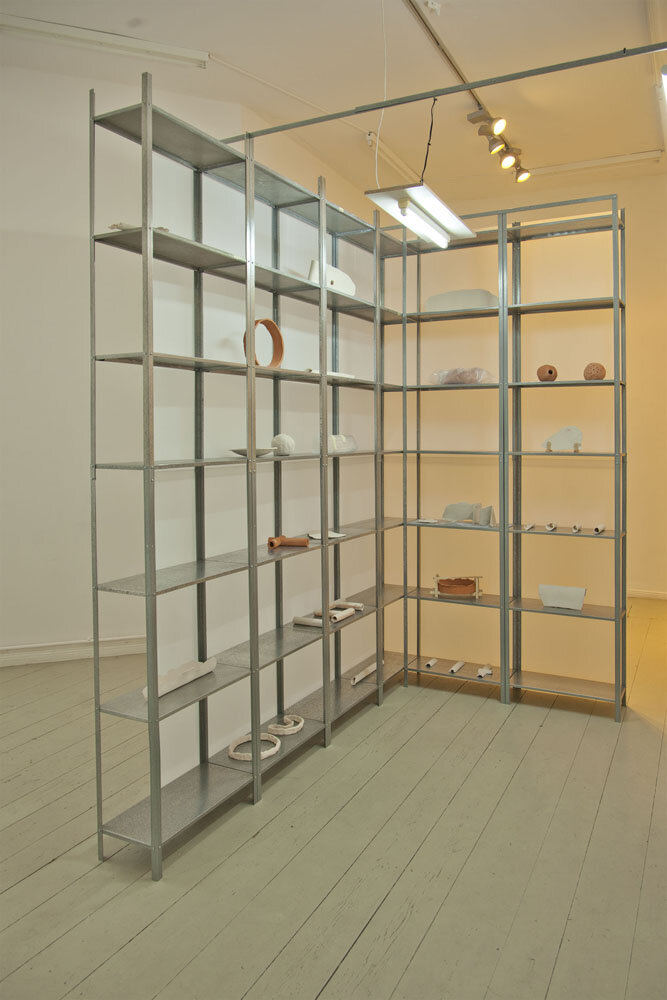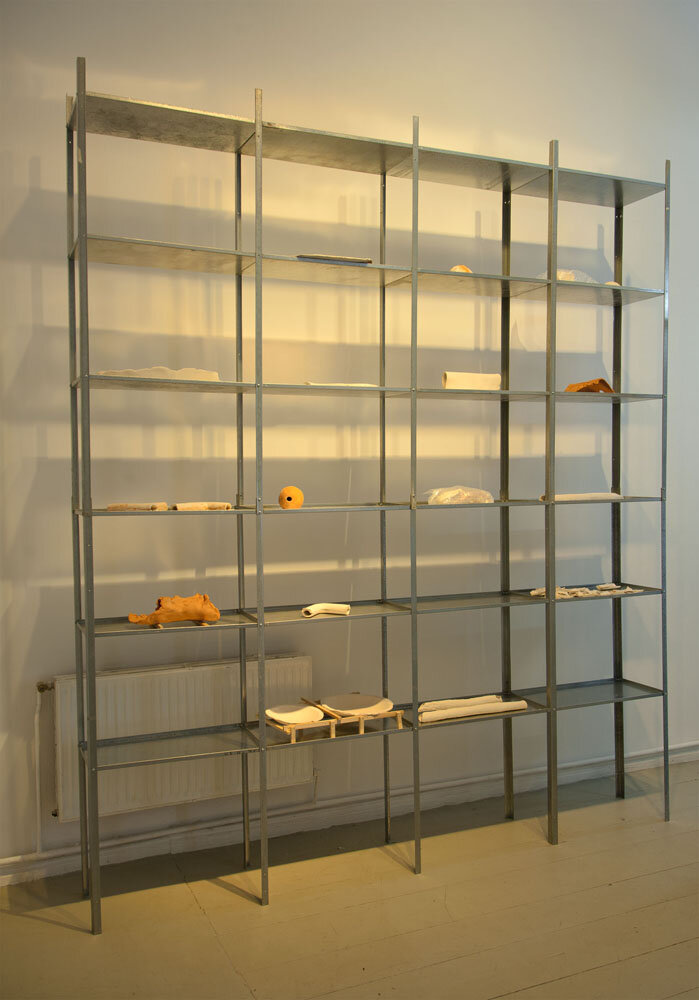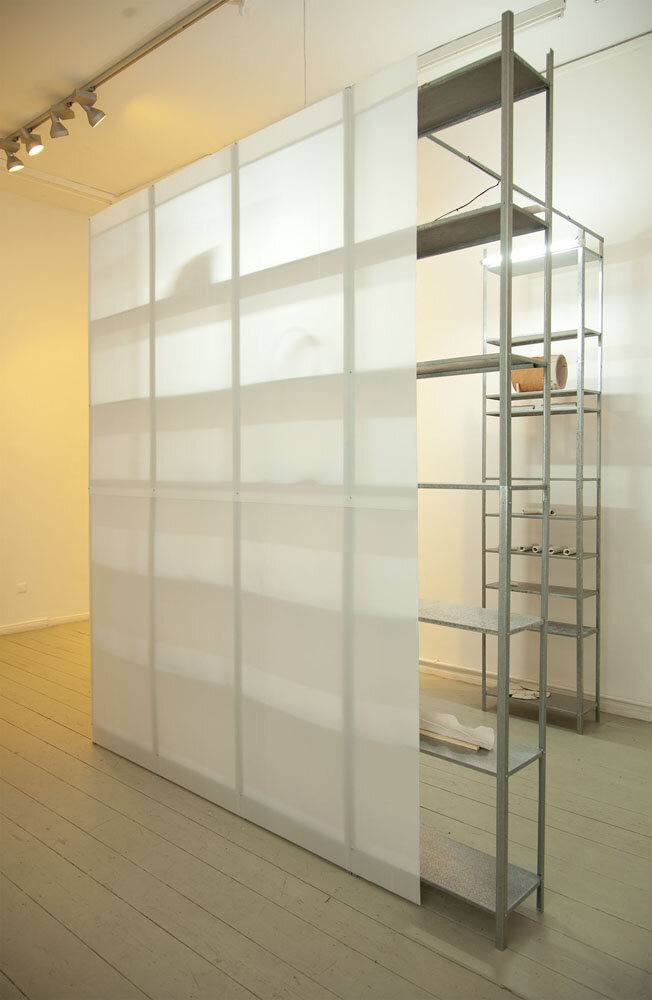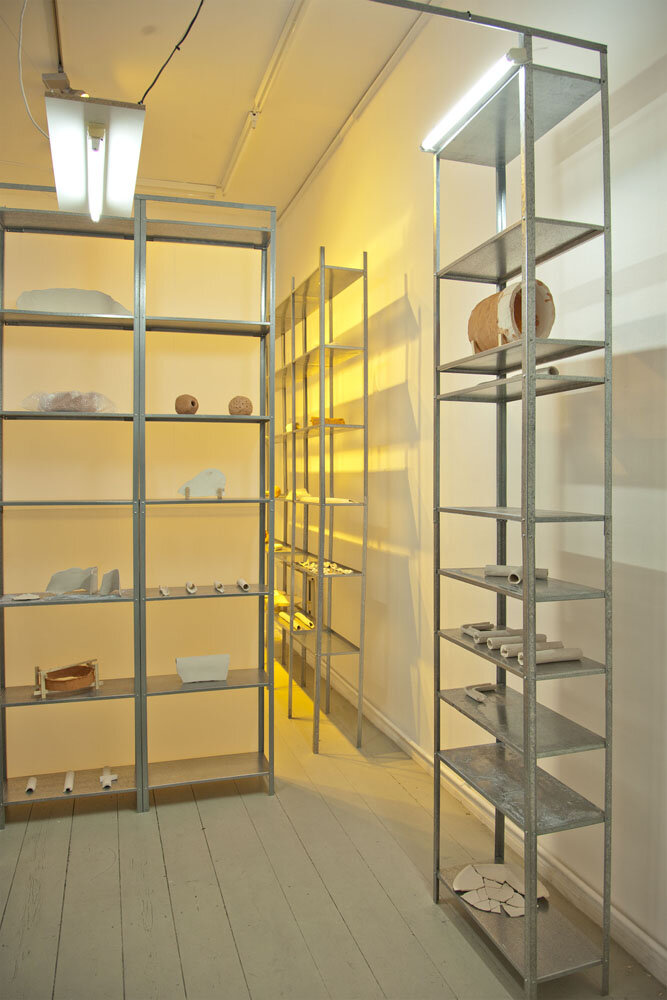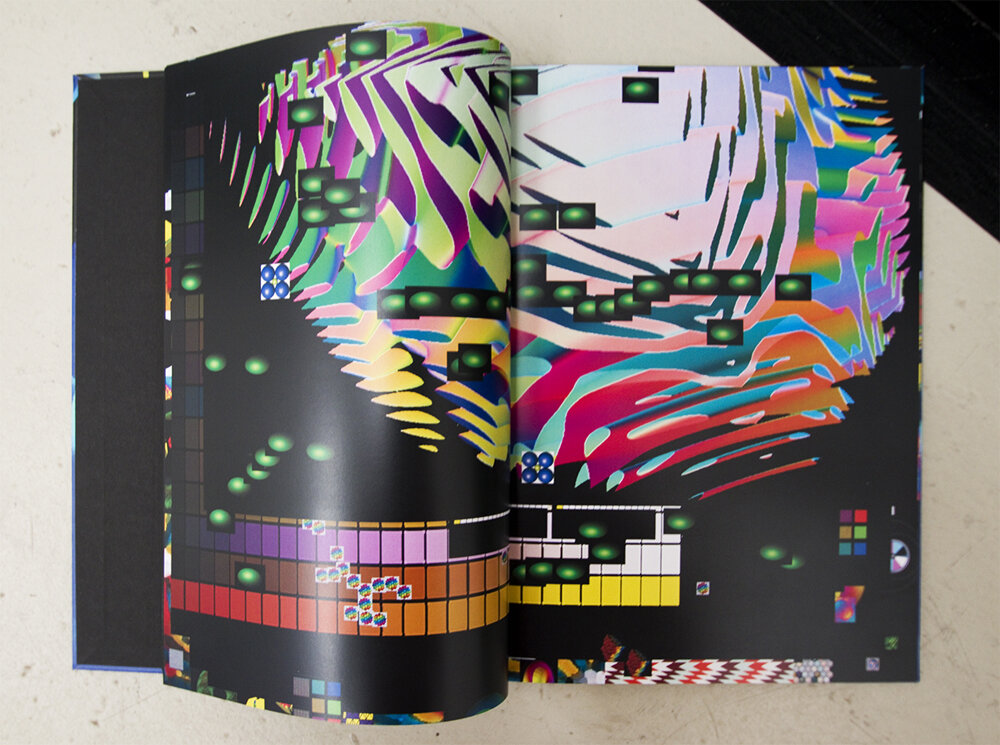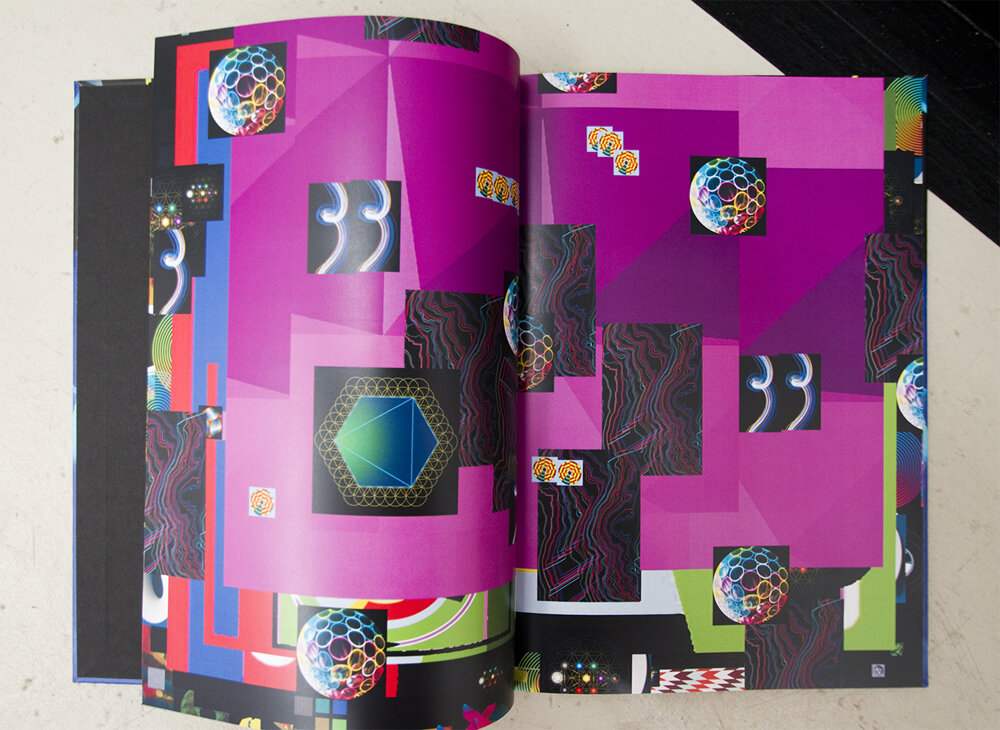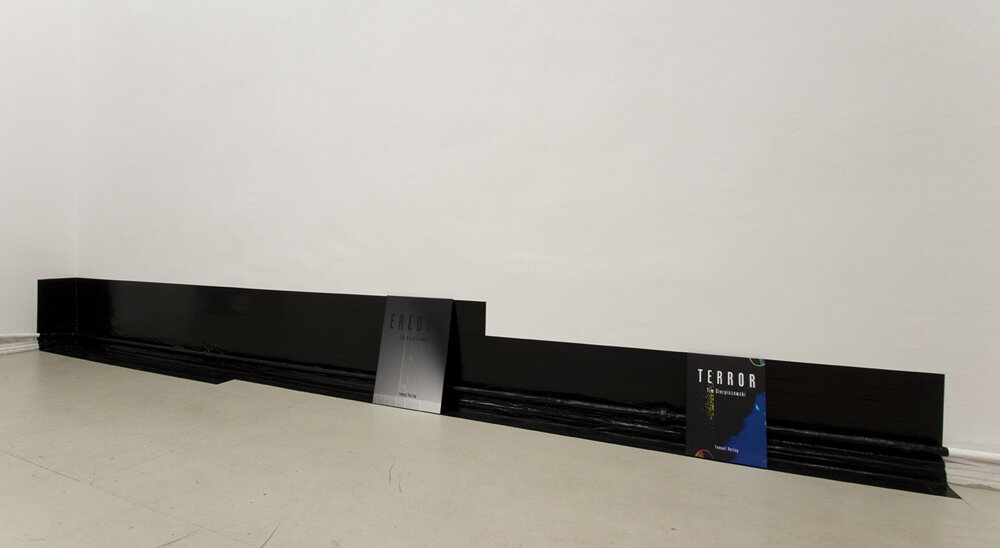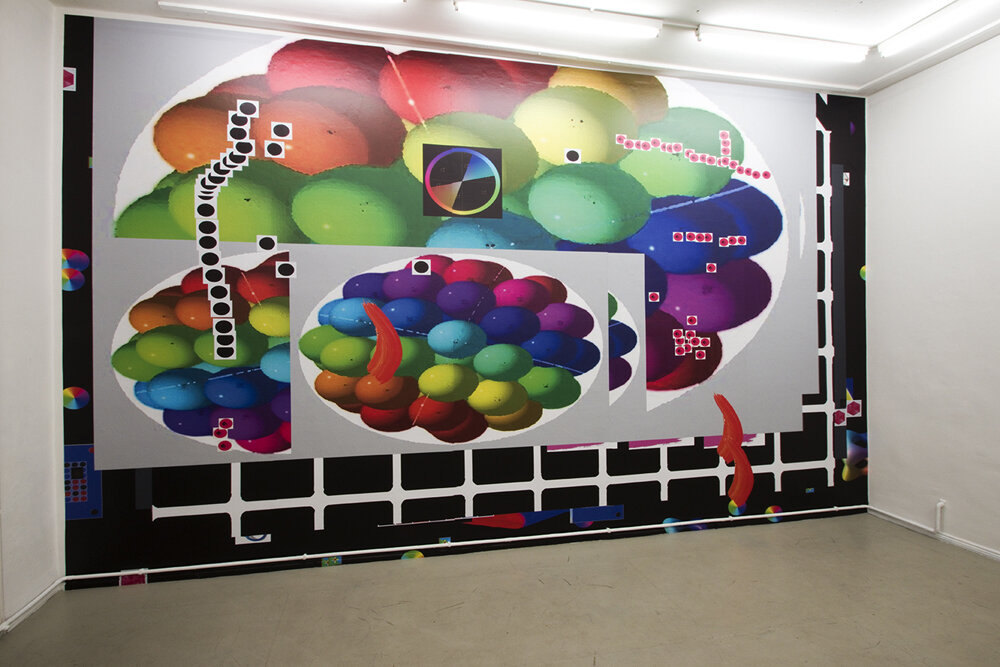Hilbert Cierpiszewski Kersten
15 - 24 NOVEMBER 2019
Dargelos Kersten & Tim Cierpiszewski
HILBERT CIERPISZEWSKI KERSTEN
15 - 24 NOVEMBER 2019
INVITED BY SASCHA APPELHOFF
"Dargelos Kersten (*1988 Germany) studied Fine Arts at UdK Berlin and Musashino Art University Tokio. He graduated in the class of Leiko Ikemura and was Meisterschüler of Michael Müller in 2016. "Dargelos Kersten works with the conditions and experiential forms of exhibition, the architecture of the given space, its defaults, possibilities and boundaries. He trusts in the capability of the individual to experience and reflect." (Lukas Töpfer) His practice includes solo-work as well as numerous group-projects and collaborative work.
„After studying philosophy, Tim Cierpiszewski studied fine arts at the Art Academy Münster. He deals with the potential possibilities of architecture, far away from statics and building conditions. So his artistic interest is directed to the architecture surrounding art. On the one hand, this acts as a starting point for display-related work, not only referring to the architectural context, but also actively incorporating it into the artistic process. On the other hand, by incorporating irregularities and disruptive elements into his work, Cierpiszewski literally works off the found specifics of the exhibition spaces and creates differences to these - an expanded architectural approach, a material reflection of the exhibition display. For some time, the artist has complemented his actual spatial and architectural working method by involving other spaces or other spatial terms. For example, he takes account of our collective social (image) consciousness, the virtual space of the Internet, and uses a wide variety of image downloads as the basis for various image sampling and remixing, in order to combine this with the specific exhibition architecture. It creates complex entanglements between building form and content, the omnipresent Internet and wall designs that are presented in surprising installative contexts.“ (Mathias Kern, 2019)
